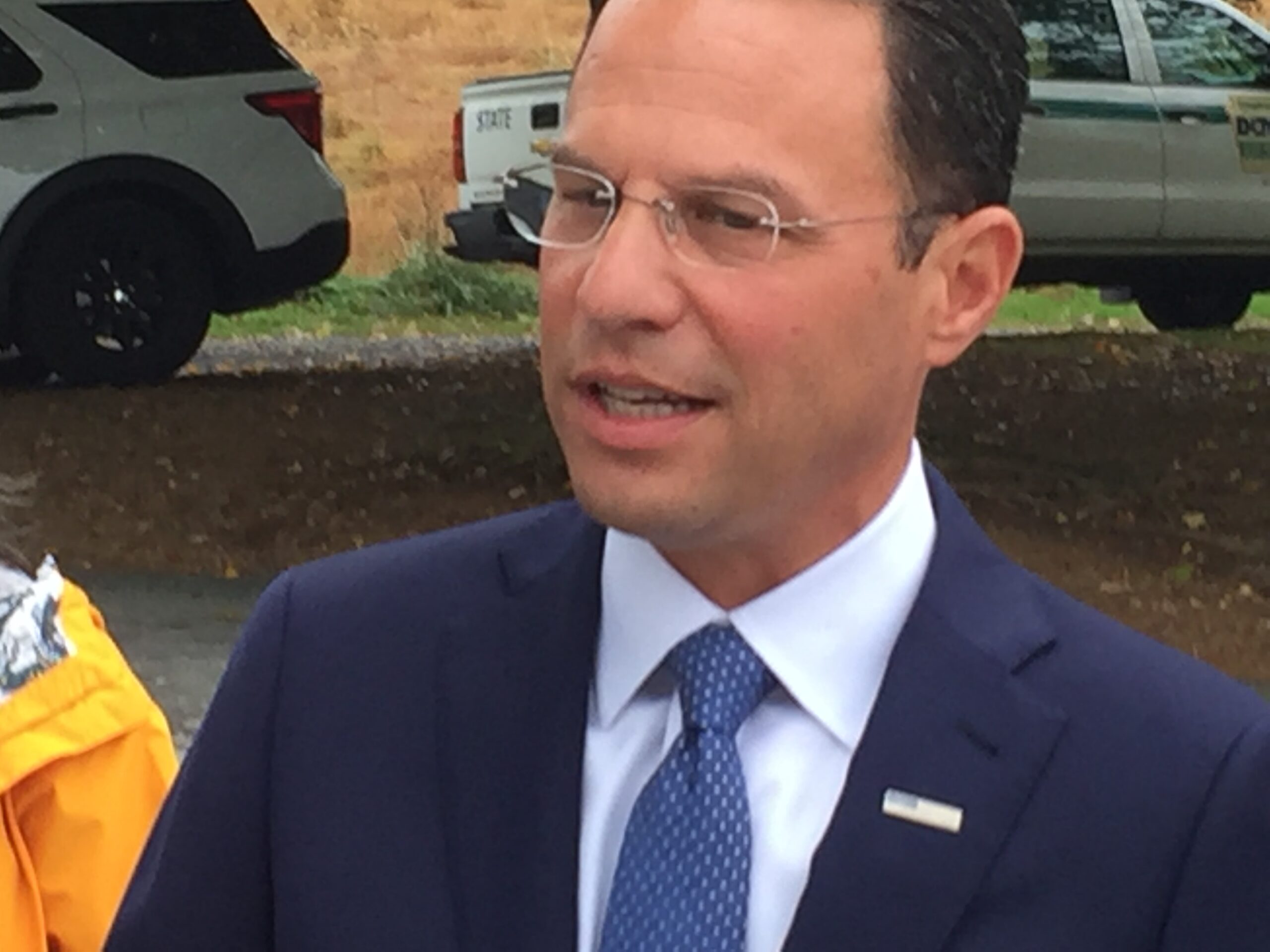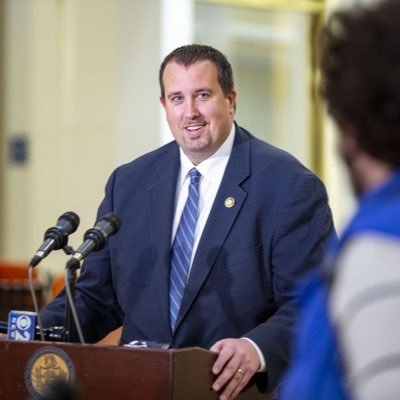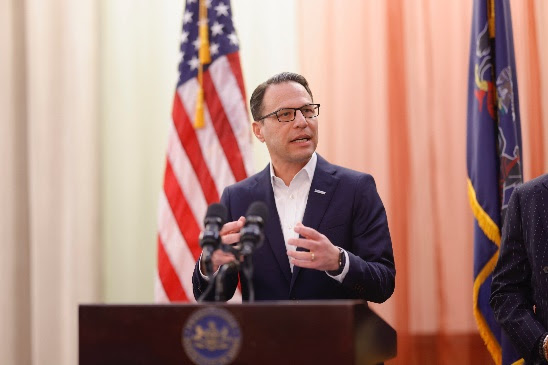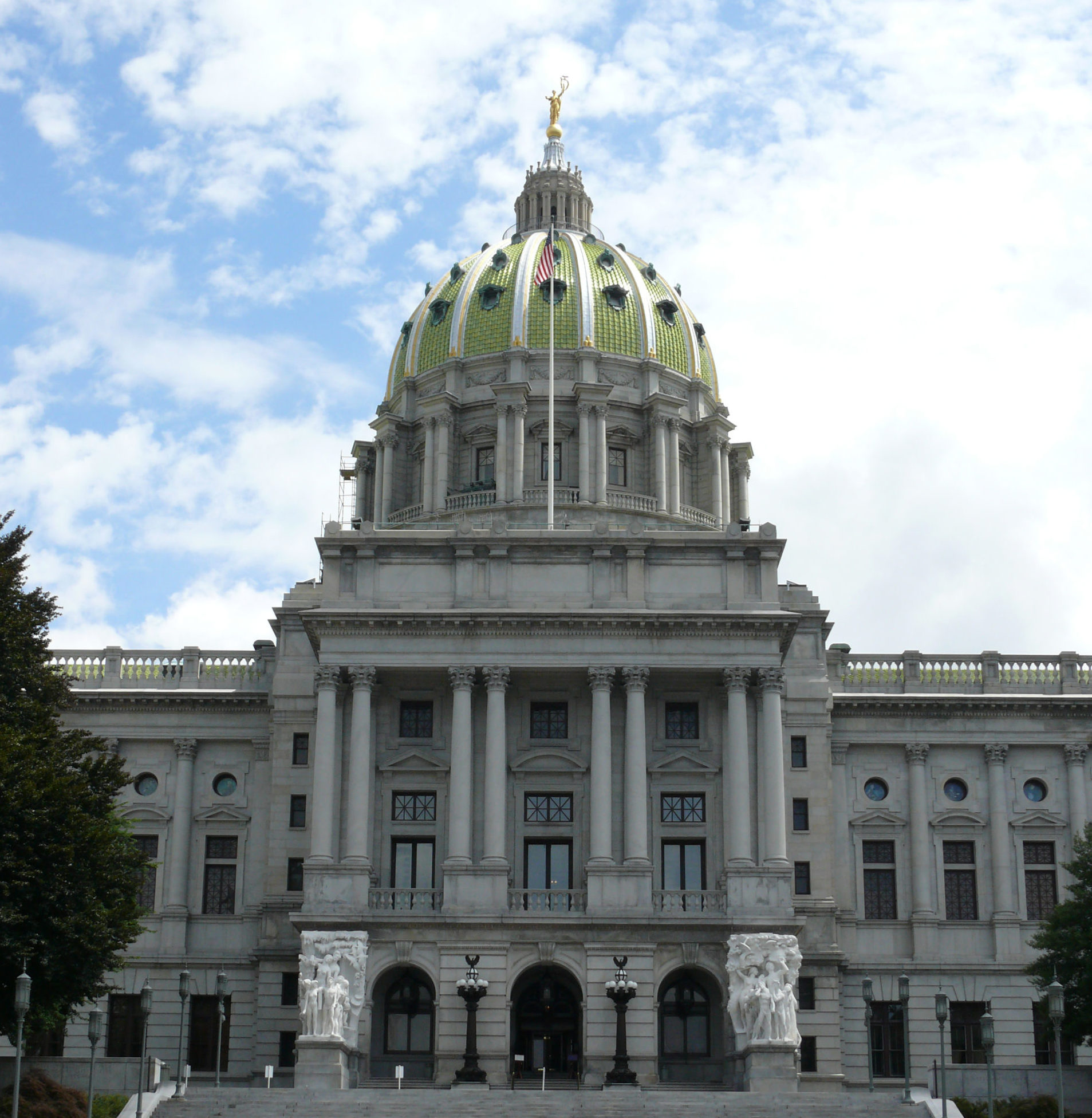BLOOM: Shapiro Lost His Way. But He Can Still Rescue Himself and the Kids Depending on Him.

Sealing a deal with an old-fashioned handshake may seem like a throwback to a bygone era. After all, does anybody still rely on a handshake promise in an age of lawyers, contracts, and endless documentation?
Well—yes. Under Pennsylvania’s capitol dome, it happens every year. A complex negotiation between the governor and legislative leaders over how to spend tens of billions of taxpayer dollars all boils down to a handshake.
Arguably, that’s how most lawmaking happens. I saw it myself during my eight years as a Pennsylvania state representative. Trust is the coin of the realm, and any colleague foolish enough to break one of those handshake deals—whether a lawmaker or governor—rapidly loses whatever influence they held.
On June 23, Gov. Josh Shapiro appeared on Fox News to defend his support of the proposed Lifeline Scholarship Program. This program, which Shapiro initially supported as a gubernatorial candidate, would provide the funding families desperately need to escape Pennsylvania’s poorest-performing schools. It would allow parents to choose an educational setting that better meets their children’s academic and social needs. Shapiro doubled down on his defense of Lifeline Scholarships, stating that “every child of God” deserves a “quality education.”
With Shapiro using his bully pulpit as governor (alongside the outspoken support from top Senate leaders), it appeared that Lifeline Scholarships were about to become a reality for Pennsylvania’s neediest families as part of the commonwealth’s new budget package. According to the Senate leaders involved in the private negotiations with the governor, Shapiro shook hands on a comprehensive deal, which specifically included carefully crafted legislative tweaks to the Lifeline Scholarship Program, including means testing, a new separate budget line to prevent any impact on existing school funding levels, and a new name—all requested by the governor.
But then the unthinkable happened. At the budget deadline, facing withering political pressure from public sector unions who oppose expanding educational opportunities for even Pennsylvania’s most disadvantaged kids, Shapiro suddenly announced that he would line-item veto the Lifeline Scholarship Program, ironically instructing lawmakers to pass the bill he had advocated and shaped—so that he could veto it!
Shapiro shocked his legislative counterparts by unilaterally blowing up the comprehensive handshake deal. However, Senate leaders still have plenty of leverage and many options to respond accordingly and reset the clock on Lifeline and the other key budget priorities they had negotiated in good faith with Shapiro. Given Shapiro’s breach of their trust, they will treat him warily as the budget impasse he caused extends into July and beyond.
Let’s not forget the real tragedy: Shapiro has put politics above the children trapped in Pennsylvania’s worst failing schools. Lifeline Scholarships are the exit strategy for the tens of thousands of students stuck in the 380 schools that Pennsylvania classifies as “low performing.” In these schools, academic proficiency and attendance are lacking, but violence is abundant. And Shapiro is turning his back on these most vulnerable children.
But it doesn’t have to be that way. Shapiro can still save his credibilty and escape this budget trap he created. More importantly, he can still rescue the kids who fell into this trap with him through no fault of their own. They deserve a Lifeline now more than ever.
The Pennsylvania budget isn’t finished. The current budget impasse could drag on for months. And Shapiro has nothing to veto until the Senate reconvenes, currently scheduled for September. Furthermore, as part of the budget process, the Senate must pass legally required “code bills” that detail how to spend the appropriated budget dollars. Senate leaders have made it clear that Lifeline Scholarships will reemerge in renewed negotiations around those code bills as a part of a package deal that the governor cannot line-item veto—with or without his handshake.
Shapiro is accountable to his constituents—those who trusted and voted for him based on his campaign promises. Moreover, he is accountable to the students trapped in Pennsylvania’s lowest-performing schools whom he promised to help. By fulfilling his promise on Lifeline Scholarships, Shapiro can rescue himself from his negotiating blunders, demonstrate genuine leadership and courage, and regain the trust of his colleagues.
Please follow DVJournal on social media: Twitter@DVJournal or Facebook.com/DelawareValleyJournal





